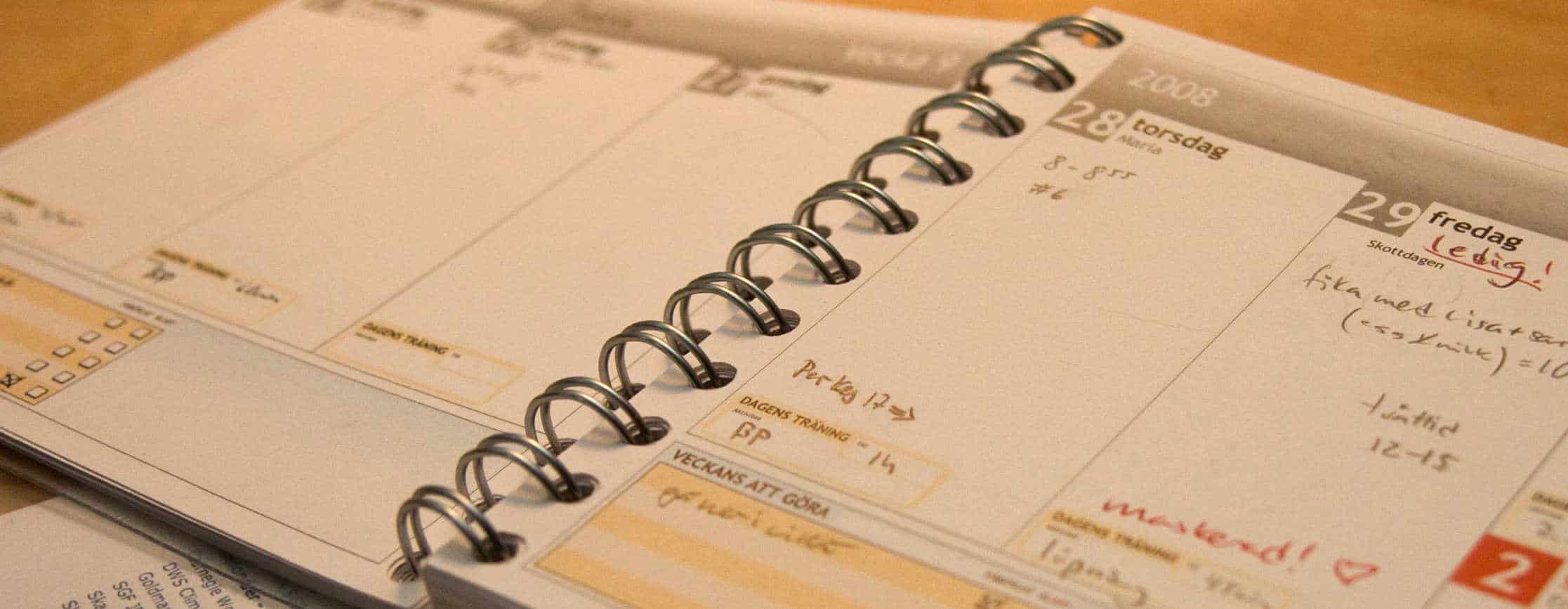
Recently, Adam McKay was on Slate’s Working Podcast. This is an interview series where people share what it is they do all day. The guests range from school principals to bail bondsmen to McKay who writes, directs, and produces movies. If you aren’t familiar with McKay, he has written, produced, and directed blockbuster movies such as Anchorman, Anchorman 2 and Talledega Nights. One major reason for McKay’s success is that he’s worked really hard for a long time. When asked how he can do it all, he says, “I’ve just been doing this a long time. From the age of nineteen I was actively writing sketch. I took screenplay classes and I’ve watched thousands and thousands of movies.” says McKay.
In this episode, there are also four productivity tips from McKay:
- Define your day. McKay has three different roles in his career: writing, producing, and directing. Each one of these days requires a different mindset and attitude. On writing days, he knows that from 2:00-6:30 PM is his prime working time and not to schedule anything then. On directing days, he knows that lunch meetings take a lot of energy, so he needs to be fully present. On some days, the tasks include negotiating for book rights, and other times a day’s work involves pitching a project to someone. On directing days, he needs to be awake early to get the most of the daylight hours. Each day requires its own mental alignment.
- Plan your day. On writing days, McKay tries to spend “the first couple of hours identifying what I have to do.” McKay is involved with a slew of projects, from Funny or Die to uncredited script punch ups and says “if you don’t identify what you have to do, it feels overwhelming.” To add clarity to this perspective, the analogy given is how a runner knows the race course before running in the race. This time helps McKay arrange where he’s going and even plan out any breaks needed along the way. By using this approach, when it’s time to begin working McKay “gets a good gallop going.”
- Have stakes. Sometimes McKay will book a hotel room to write in. This, he says, helps him to get work done because it’s really embarrassing if you paid for a hotel room and didn’t do anything while you were there. He also says that writing in the afternoon feels the same way. If he doesn’t actually write then, he’s wasted an entire day. As Amy Poehler wrote
, “the talking about the thing isn’t the thing, the doing of the thing is the thing.” You have to get the work done. When McKay leaves it for the end of the day, that means he knows it has to get done then or it won’t get done at all.
- Work with good people. McKay says that he and Will Ferrell started Funny or Die because they weren’t doing sketch anymore and missed the fun interactions. Not wanting to undertake a huge project, they quickly found they could work with funny people like Danny McBride, but not do all the work. It’s true for movies too, where McKay is on set for twelve hours a day, six days a week. A good project with good people can make a great experience. But the money, don’t ever do it for the money, “A few times in our company’s history we’ve done stuff because we thought it could be a great deal or could be great money there and every time we do that it doesn’t work out. We’ve had a couple crashing failures where we chased the deal rather than what we actually like and, fortunately, reality has been very clear to us about that so we stick to stuff we actually enjoy.”
McKay added lots of other glimpses into his professional life about the value of his varied interests, what it’s like to work with Will Ferrell, and more. He also said, “once you get that first shot of the day, you got your momentum.”
How do you apply these? Do you apply any? Let me know in the comments.

